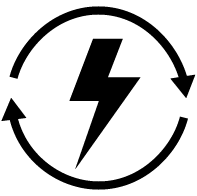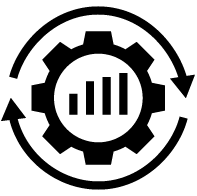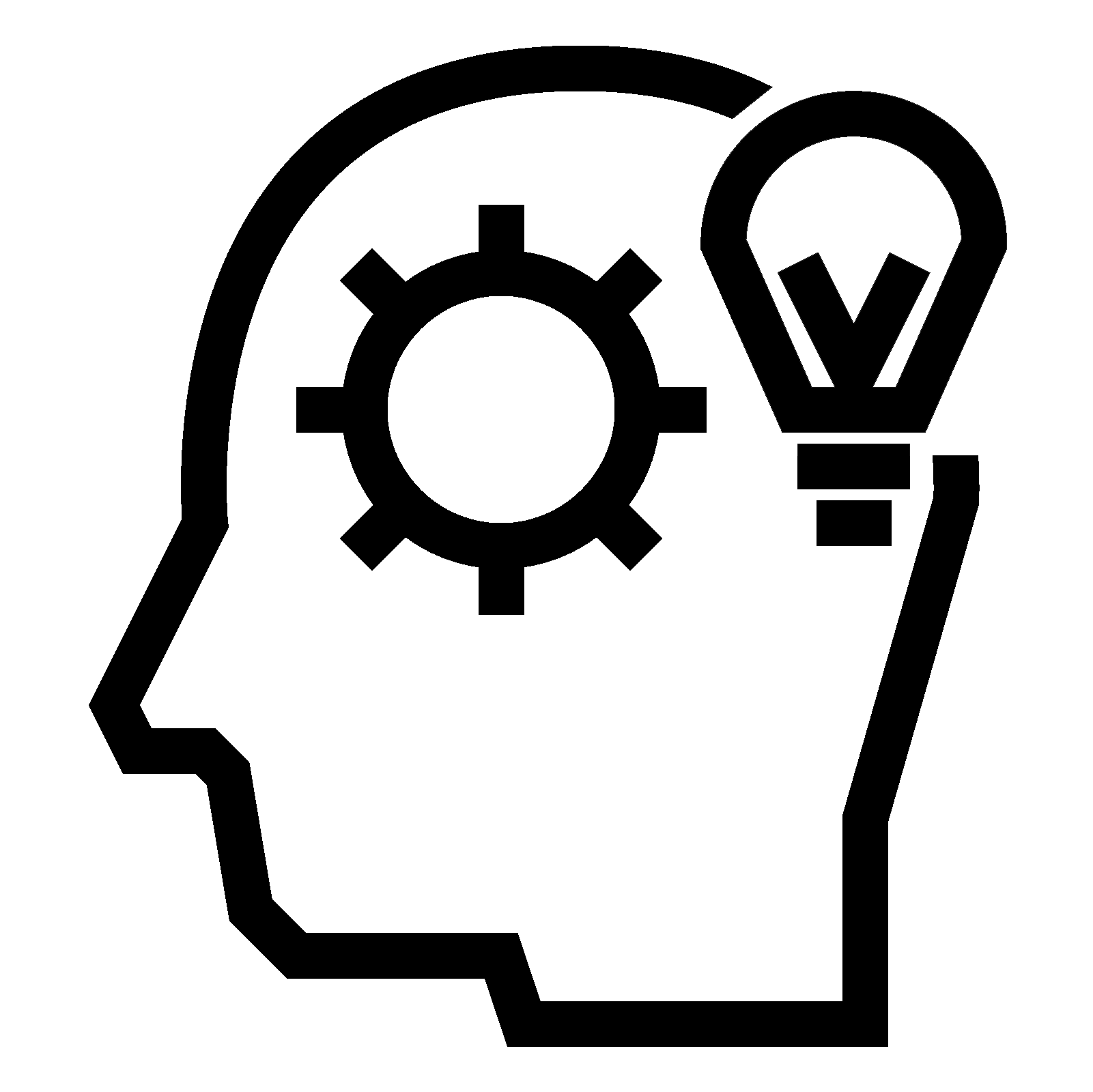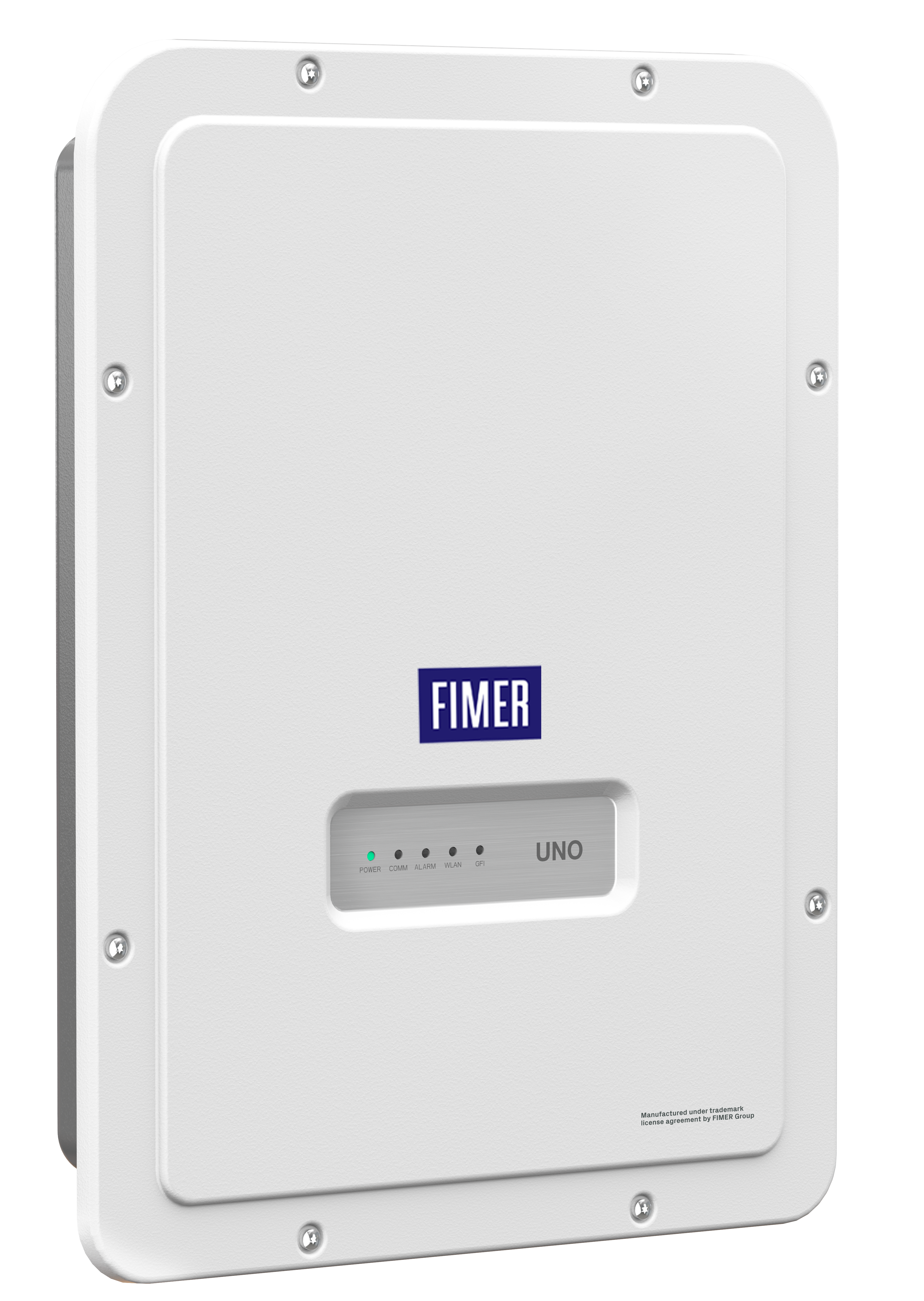| FIMER Australia | |||
|---|---|---|---|
 |
 |
 |
 |
| FIMER for home | FIMER for business | FIMER for installers | About FIMER Australia |
A guide to choosing the best solar inverter for your home or business?
First of all, how does solar PV work?
In brief: Solar PV systems use the energy from the sun to produce electricity using solar panels. Technically speaking, the sun’s energy is converted by the solar panels into what is called direct current (DC) electricity which then needs to be converted into alternating current (AC) electricity with the help of solar inverters to power your business, home, and nowadays your electric vehicles too.
Want to understand more about solar power and what makes up a solar system, read this article.
This guide will answer four common questions people have about solar inverters:
- What is a solar power inverter?
- How to choose the best solar inverter for you?
- What type of inverter should you choose?
- How can a FIMER inverter (ABB Solar Inverter) help you out?
FIMER has written other articles to answer other common questions about solar:
- What should I know about getting solar on my home?
- How does solar work and what makes up a solar system?
- What's the difference between solar warranties?
- What's the difference in solar inverters?
- What is consumption monitoring?
- How do batteries work in the home?
- How can monitoring your energy consumption reduce your bills?
What is a solar power inverter?

Solar inverters play a vital role in any solar system whereby they convert the Direct current (DC) electricity produced by the solar panels into Alternating current (AC) electricity, which then can be used to power houses, businesses, and more. So, an inverter is an important part when looking at a solar PV system, and considerable thought should go into 'what is the best inverter for my home or business’.
Thinking of getting solar on your home? Read this article on what to expect.
How to choose the best solar inverter for you?
Choosing the correct solar inverter is one of the most important tasks for your house or business, so what should you keep in mind when looking at the many different solar inverter brands in the market?

Compliance
Solar inverters need to go through rigorous compliance and safety testing before they can be installed in the Australian market. You should check the Clean Energy Council's website to make sure the inverter you are looking at is certified for use in Australia.

Size
Every business or house is unique in its own way, your roof will only be able to fit a certain number of panels, and your energy consumption will also need to be considered. String inverters vary from 1kW all the to 350kW and each size has a range of different inverter models to choose from. It is necessary to speak with a qualified and accredited solar designer/installer who will be able to design the solar system to meet your energy needs.
However, in Australia, the most common-sized system is a 6.6kW solar system. This equates to 6.6kW of panels connected to a 5kW solar inverter. FIMER’s UNO-DM-PLUS-Q 5kW solution is an ideal solution for this sized solar system.

Affordability
The market has many different brands of solar inverters at different price points. However, every inverter serves different needs, and the cost varies with the power, size, and performance. Solar systems are designed to last for a long time, it is an investment that will generally pay back over several years.
Choosing quality components with manufacture-backed warranties is imperative and help ensure your system will perform during its lifetime. FIMER’s string inverters are manufactured in Italy using quality components and have a full ten-year replacement warranty for peace of mind.

Efficiency
The main goal of solar inverters is to convert the DC electricity produced by the solar panels into AC electricity that can be used in your home or business.
The higher the efficiency of an inverter, in simple terms, means less energy is lost during the conversion from DC to AC, so you maximise the amount of electricity you get from your solar system. Efficiency rates vary from one inverter to another, but the best ones would be with an efficiency rate of 97% and above.

Warranty
Ideally, solar inverters will work for at least to 10-15 years, depending on the usage conditions, location, size, price, inverter brand, quality of installation, and more. So, while purchasing a solar inverter make sure that the warranty is for the longest time possible and includes full replacement, not repair only. FIMER in Australia and New Zealand offers a full ten-year replacement warranty for its UNO-DM-PLUS-Q, PVS-10/15, and PVS-20/33 inverters.
Read more about solar inverter warranties and how it works here.

Connectivity
Technology has progressed to new dimensions and allows you to monitor your solar system with the help of mobile applications. So, choose an inverter that comes with app connectivity to monitor your solar inverter. Fewer and fewer inverters now come with a screen on them, so having a good app to monitor your system is important.

Want to know more
However, there are many more criteria to keep in mind before choosing the right solar system for your house. Read our article on how solar works and what is in a solar system to know more.
What type of inverter should you choose?
There are three types of solar PV inverters - String inverters (standard or hybrid inverters), micro-inverters, and central inverters. Each should be used in different applications.
String inverter
One of the most common types of solar inverters in residential and commercial applications are string inverters. The solar panels are connected in a grid format, whereby all the panels are wired together in “strings” and each string of panels is connected to one or more inputs on the inverter(s).
Hybrid inverters
Hybrid solar inverters are also string inverters but also have a battery converter embedded into the inverter, these are also referred to as “battery-ready” inverters. These inverters can convert solar (DC) energy into electricity (AC) but can also charge and discharge a compatible battery to store or use excess energy generated by the solar system. These inverters are generally more expensive than standard string inverters.
Micro-inverters
As the name suggests, micro solar inverters are small inverter units that are connected to each individual solar panel. They are generally offered when a home or business will experience a lot of shade on their panels, and you need to maximise the amount of energy generated under these conditions. Each micro-inverter will convert the electricity generated from its individual panel to AC electricity. This does offer slightly higher efficiencies than string inverters, however, it is a more expensive solution. It is harder to identify when a micro-inverter fails, or to organize a replacement of one or more micro-inverters, as a solar installer will have to get back onto the roof for testing, take one or more panels off-line to isolate and find the faulty micro-inverter.
Central inverters
Central inverters are only used in large utility projects that require a large solar farm. FIMER has many installed in Australia and around the world.
Still confused on which solar inverter to choose for your home? Read our article on comparing the differences in inverters.
How can a FIMER inverter (ABB Solar Inverter) help you out?
FIMER’s inverters (previously known as an ABB Solar inverter) come in many sizes and specifications.
FIMER is an Italian business with over 80 years of manufacturing experience. It is one of the largest manufacturers of solar inverters across residential, commercial, and utility-scale applications. Trust a FIMER inverter for your solar system.
The prices of these vary accordingly. Regardless of the project, FIMER has a solution, whether it is residential, commercial, or utility-scale solar applications.
FIMER’s string inverters are made in Italy and for our UNO-DM-PLUS-Q string inverter, the average efficiency rating is 97%. All our inverters come with free monitoring, through Aurora Vision’s Energy Viewer app. Our UNO-DM-PLUS-Q and PVS-10/33 inverters come with a full 10-year warranty on the latest inverter models.
FIMER recommends using a FIMER Certified Installer, who can offer an extra 2-year warranty on any UNO-DM-PLUS-SB-Q system installed and registered with FIMER. To find FIMER registered installers near you, click here.
To understand more about FIMER or our inverters, you can have a look at our website or contact us for more information.
